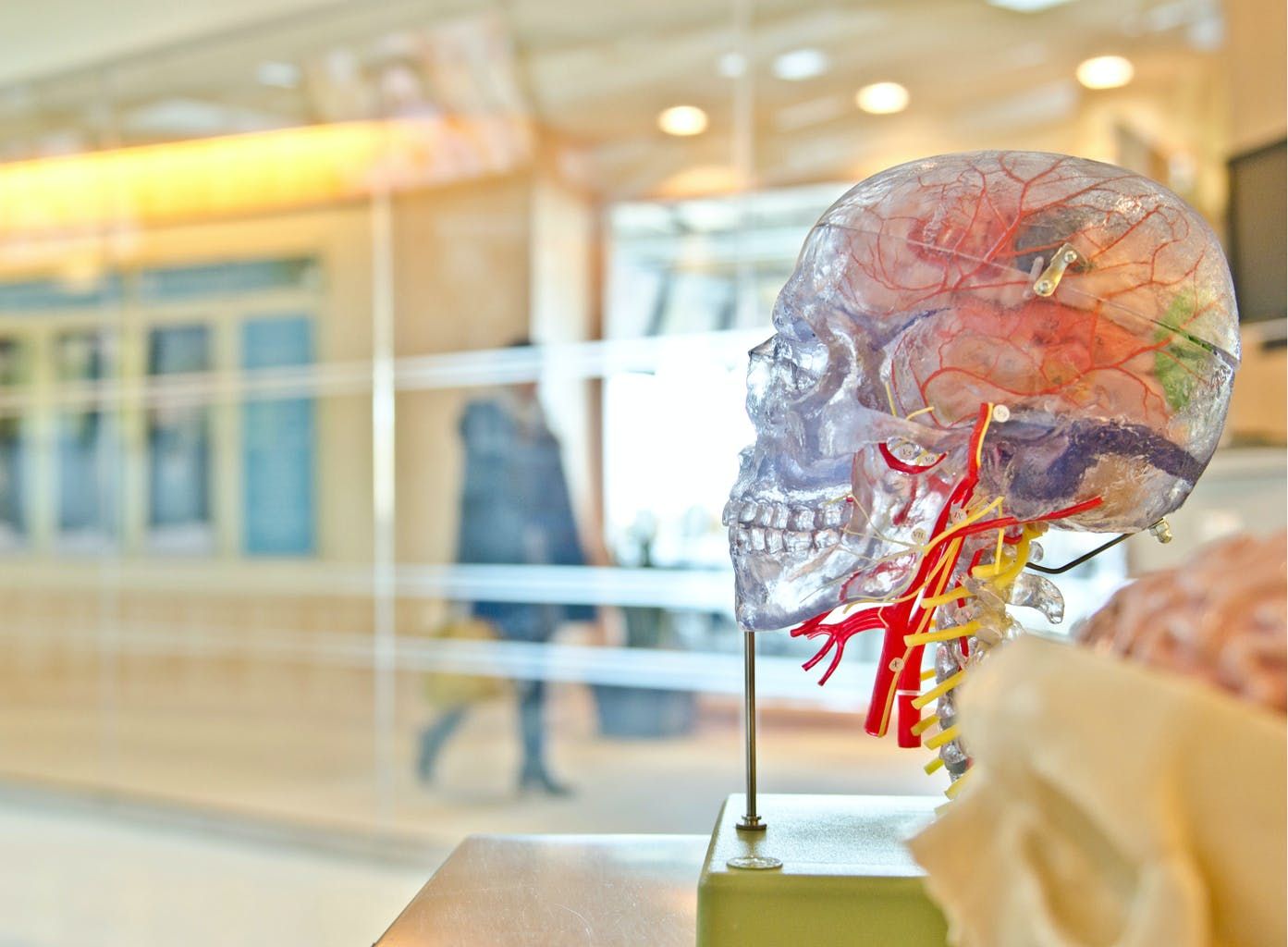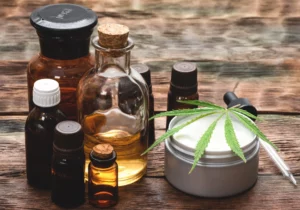Anxiety, stress, migraines, insomnia, chronic pain and even opioid dependence—there’s mounting evidence that cannabis can be used as an effective treatment for all of these conditions (and more). Yet many doctors don’t know much about the efficacy of marijuana. Attitudes towards cannabis and the people who consume it are improving, but unfortunately the stigma still lingers. And because marijuana is still illegal at the federal level and classed as a Schedule 1 drug, most physicians don’t receive formal training in schools on medicinal marijuana and there are very few medical studies done on the plant, so doctors don’t have any concrete information to go on.
FOLLOW US ON FACEBOOK & INSTAGRAM
Doctors Are Behind the Curve in Medical Marijuana
A recent study conducted by the Washington University School of Medicine in St. Louis revealed that medical schools are doing a very poor job in educating their students on cannabis—medical or recreational.
In a survey that included more than 100 medical school deans and 258 medical residents and fellows, 85% of students admitted that they’d never received any sort of cannabis education. The study also revealed that only 9% of medical schools provide any kind of cannabis education to their students—despite 29 states (plus the District of Columbia) having access to some form of legal medical or recreational marijuana.
The Legal Gray Area in Marijuana as Medicine
Cannabis has been intentionally shut out of the conversation when it comes to medicine in the U.S. Although at the state level cannabis is legal in some locations, the federal government maintains that it’s still illegal and has listed it as a Schedule 1 controlled substance, along with drugs like heroin, LSD and ecstasy. This classification means that in the eyes of the federal government, marijuana has no known medical uses whatsoever. This also makes it extremely difficult for researchers to gain access to marijuana for studies.
HelloMD’s Chief Medical Officer Dr. Perry Solomon notes, ”The U.S. government’s stance creates an environment of fear for most practicing physicians, who must keep up with the most current laws in their state to ensure that they’re allowed to recommend cannabis to their patients. Even if this is the case, most worry, unnecessarily, that they’ll get in trouble with the D.E.A. if they do so. Thankfully, there hasn’t been a government crackdown on prescribing physicians in legal states in many years.
“There have been more than 8,000 studies done worldwide showing the efficacy of cannabis in treating a variety of medical conditions. However, the tendency of U.S. physicians is to only look at studies that come from the mainstream medical schools and universities in this country. The Schedule 1 status of cannabis makes those studies very difficult to perform.”
RELATED: SURVEY REVEALS 76% OF DOCTORS WOULD APPROVE MEDICAL MARIJUANA USE
Fighting on the Front Lines for Cannabis
Some organizations within the medical community like The American Cannabis Nurses Association advocate for the use of cannabis in medical treatment. These groups raise awareness of medicinal cannabis among healthcare providers through education, research and policy development.
HelloMD is also a great resource to connect to doctors who’ve studied medicinal marijuana extensively. We offer access to doctors for consultations as well as the Answers platform, where folks can ask a medical professional about anything and everything marijuana related.
Doctors Need to Know about Cannabis
As more people gain access to medical marijuana, doctors need to be knowledgeable about:
- how the plant affects the body—an in-depth understanding of how the endocannabinoid system functions.
- the various conditions that cannabis can treat.
- perhaps most importantly, how it interacts with other prescription medications.
Most people rely on the folks at their local dispensary or more experienced friends for medicinal marijuana advice, but with other prescriptions you wouldn’t accept guidance in regards to dosage, consumption method or side effects from anyone but your doctor. It’s time for medical schools to get up to speed with the ways people are using cannabis as medicine so that patients receive informed, professional and safe advice.
Photo credit: Jesse Orrico
If you’re new to cannabis and want to learn more, take a look at our Cannabis 101 post. HelloMD can help you get your medical marijuana recommendation; it’s 100% online, private and efficient.






